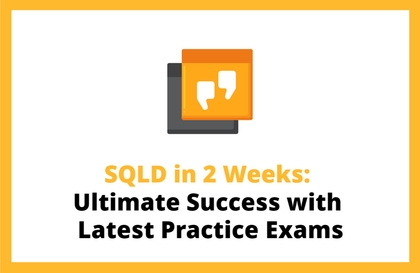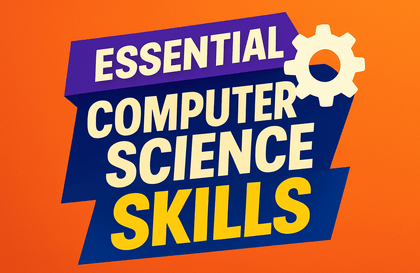My name is Vlad Mihalcea, and I’m a Java Champion. I wrote the High-Performance Java Persistence book, which became one of the best-selling Java books on Amazon.
I'm currently developing the amazing Hypersistence Optimizer, and in my free time, I develop various open-source projects (e.g., Hypersistence Utils and FlexyPool) and answer questions on StackOverflow.
I am a Java Champion and a major contributor to the Hibernate ORM project. I created the Hypersistence Optimizer tool, which scans application configurations and mappings to identify the changes needed to speed up the data access layer.
Earned gold badges on StackOverflow by answering thousands of questions related to Hibernate, Java, and JPA tags.
When he finds something interesting, he enjoys sharing it on his personal blog. He believes in open-source software and thinks every developer should contribute in some way.
If he cannot find the right tool, he even starts new open-source projects such as Hypersistence Utils or FlexyPool.
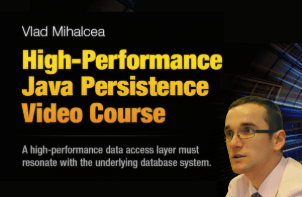





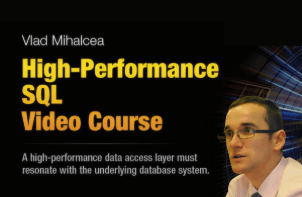

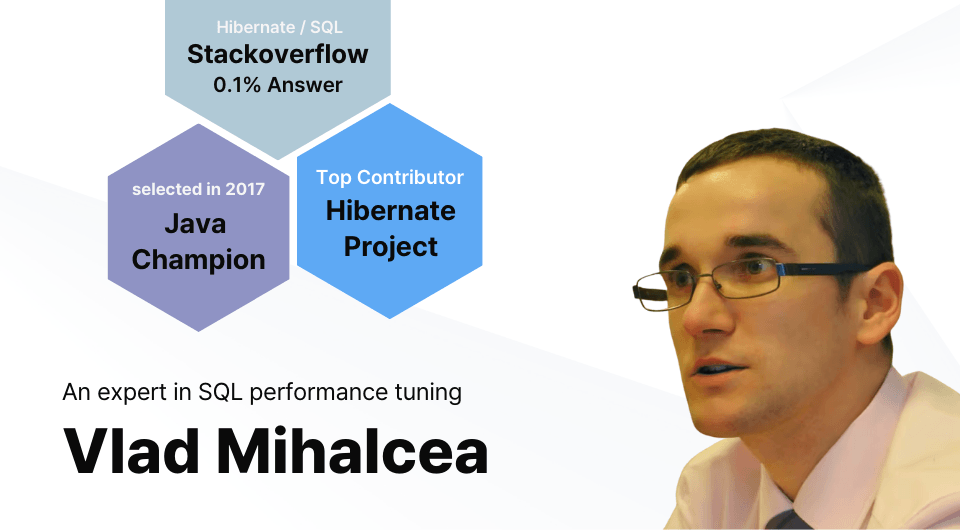
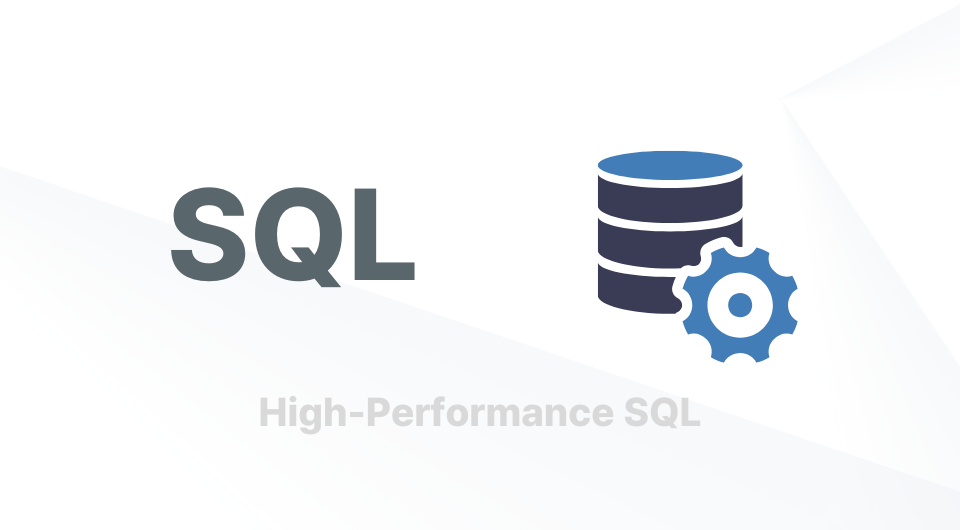
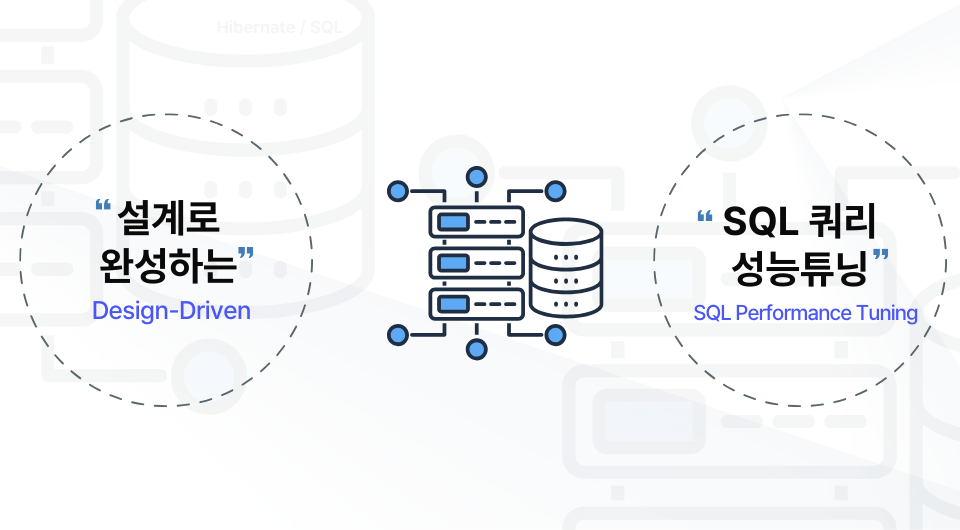




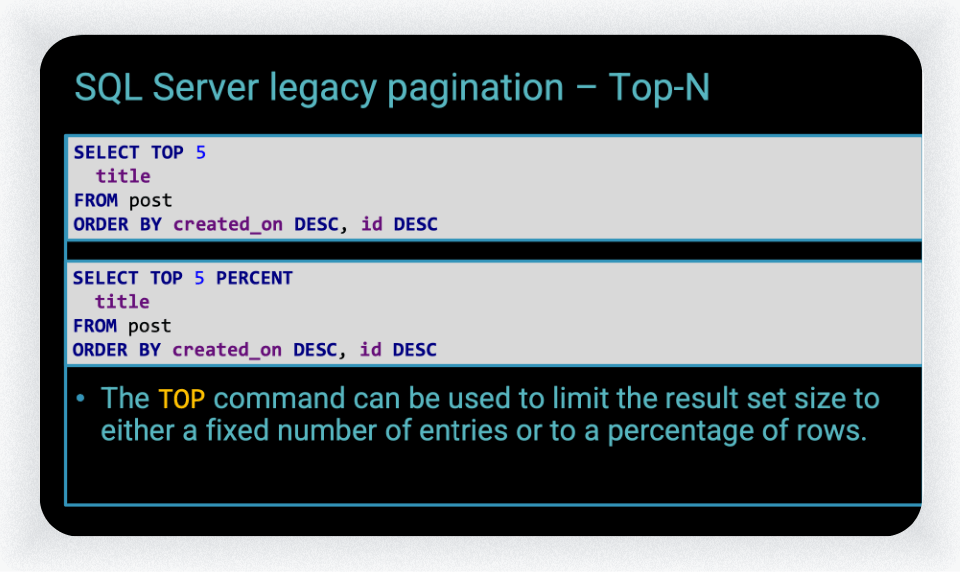

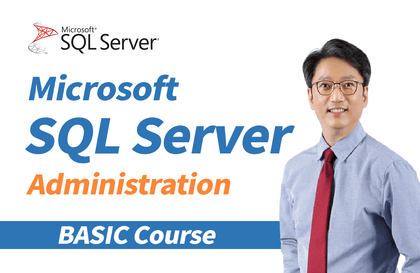
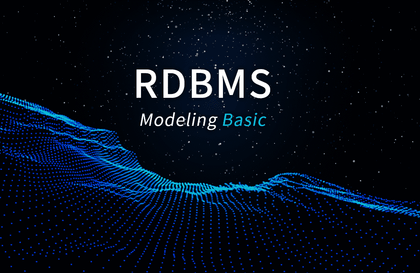
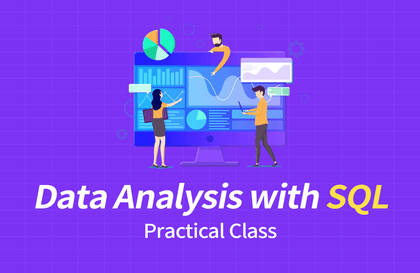

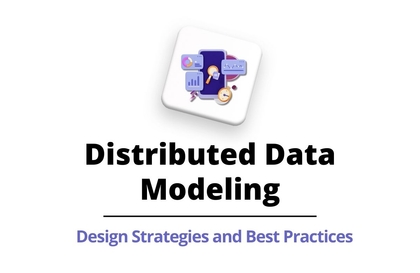
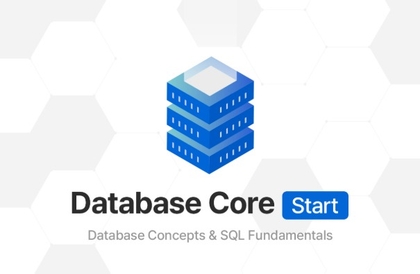
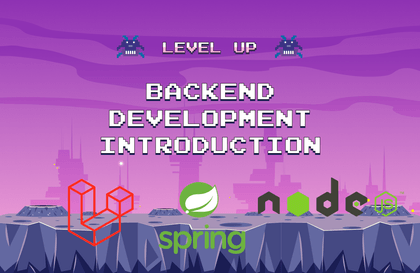
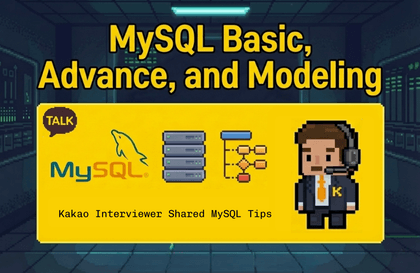
![[ITⓔCoaching] Practical Data Management with Oracle講義サムネイル](https://cdn.inflearn.com/public/courses/327587/cover/8133dede-51cb-4410-949c-cd95aa80b7d6/327587-eng-original.jpg?w=420)
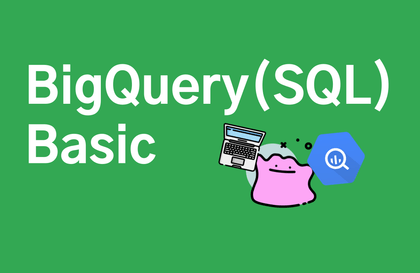
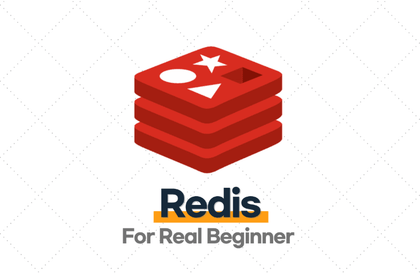

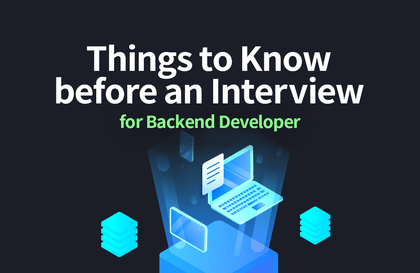
![[MMORPG Game Development Series with C# and Unity] Part 5: Database講義サムネイル](https://cdn.inflearn.com/public/courses/325283/course_cover/afb413e6-681e-47cd-808a-099c79fed112/rookiss-rpg-5.jpg?w=420)
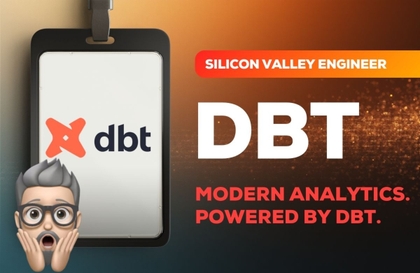
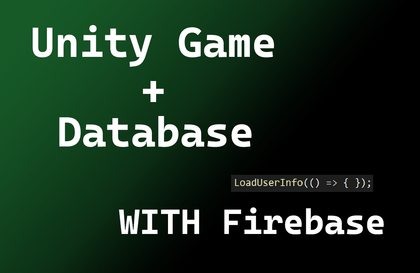
.png?w=420)
